Rock climbing has changed quite a bit over the past few decades. The gear has gotten better, the safety protocols have improved, and the general knowledge of climbing has increased. People are pushing themselves even further than what was previously thought possible, and climbing routes that used to be looked at as “impossible” are now being conquered.
With all of these advances in climbing though, a few aspects have remained unchanged; how good climbing is for one’s physical and mental state and the inevitable improvements with hand-eye coordination.
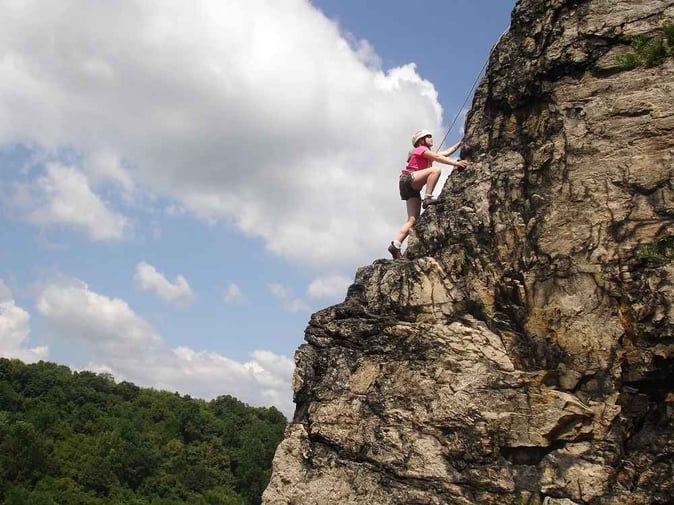
First, I will be talking about the physical aspect of climbing. This is what most of us look at when we think of this sport. We look at a huge wall and think to ourselves “How am I going to get to the top of that?”. Well I’ll tell you, it’s not going to be easy! Climbing takes a lot of core power, finger strength, and of course back endurance. All of these things have to work in unison in order to make it to the top. It's a great activity to take up as an adolescent, because it will teach you how to use your body in a way that best fits your goal. You will begin to build up the muscle groups that are going to be very important for climbing. A lot of climbing is sheer strength. If you don't have the power for it, then there are not many ways for you to progress through the climb. You will notice, especially the young among us, that once you start to climb and dedicate yourself, you will progress in the strength department very quickly.
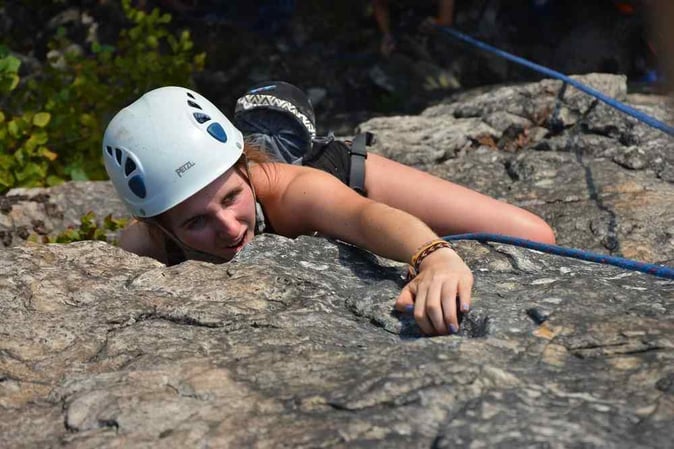
The second big change that you will notice is that your hand-eye coordination will improve. Now when I first mention this, I’m sure your mind doesn't jump to rock climbing as needing this skill. However, if you need to grab a small crimp, or put your foot in a tiny crack, then it becomes very important. When you’re up on the wall, time becomes very crucial. You need to make it to the top quickly so that you don't burn out halfway through the climb. Therefore, having precise hand and foot movements is paramount, so that you don't make any unnecessary actions that will drain energy from you.
Now… to talk about the big elephant in the room. You might be saying to yourself, “All this sounds great! Improving my strength, I mean who doesn't want to be stronger? Becoming better with my hands and feet, ehhh, I still like the strength thing more, but this is nice. However, I’m not going to achieve any of that if I’m afraid of heights!” I have worked with many individuals of all ages and I would say the number one thing that holds people back from even trying climbing, is the fear aspect. Many people are naturally afraid of heights. Normally, people don't like to fall or take risks, which is what most people see when they look at climbing. In my professional, outdoorsman opinion, fear is not the biggest factor to consider… trust is the main player. When you are climbing (this excludes bouldering) you are tied to a rope that another person on the ground is holding. It can be difficult for people to trust that such a small rope will hold their weight. I believe that if you can start to trust your rope, gear, and belayer, that fear will begin to leave. It will inevitably remove itself from being the first thing you think about when climbing. This will not happen quickly. It is something you have to not only work on a lot in the beginning, but also something you have to continuously work on through your climbing days. That is what makes climbing such a great, engaging sport though. You learn to quiet that voice in your head saying “you can’t do that” or “ you’re too afraid of this, so don't even try”. You start to become mentally strong and learn your real limits. You realize what you are truly capable of achieving if you harness that power to quiet the voices in your head.
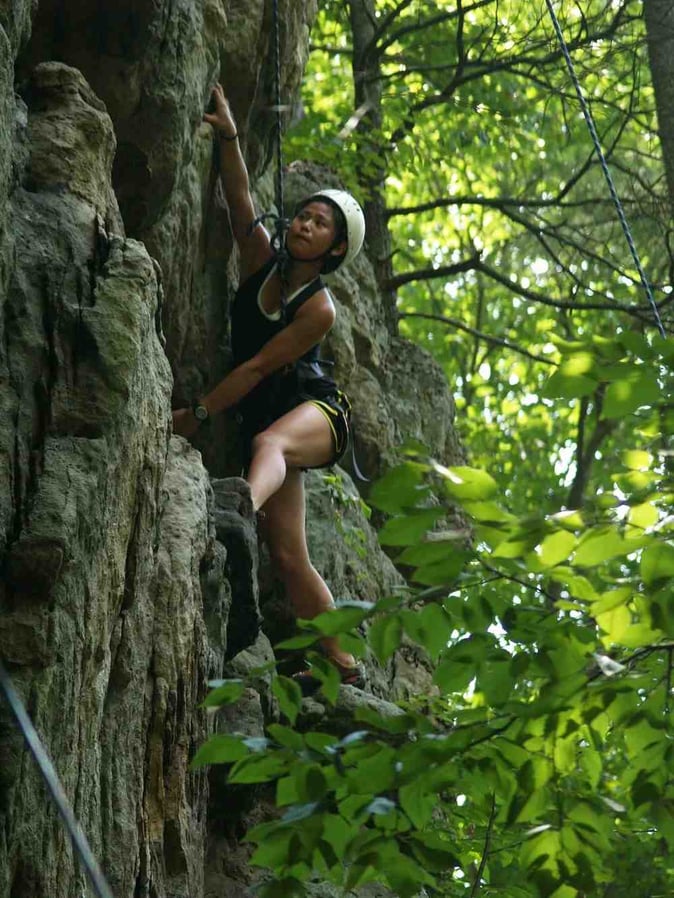
In turn, climbing is a wonderfully engaging sport that will not only have you pushing your physical boundaries, but your mental strength as well. You will begin to develop skills that will improve your overall life, not just in climbing, but in all aspects of what it means to be human. You will begin to look at things with added excitement, knowing that you have the skills to accomplish what you set out to achieve. It may take some work, but just like with climbing, you can accomplish your goals.
- Chase Cloward, Head Rock Climbing Instructor and Program Director at Stone Mountain Adventures
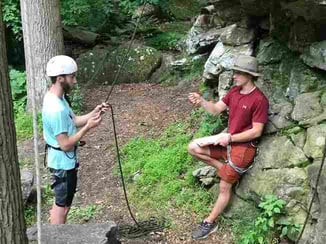
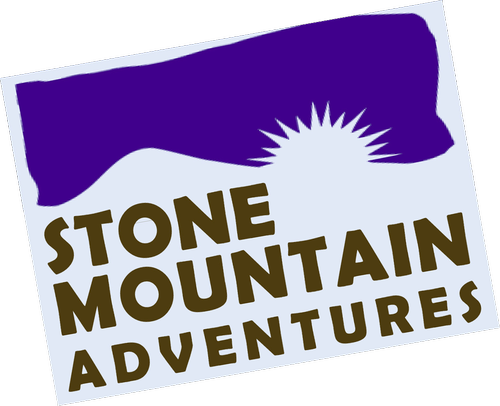
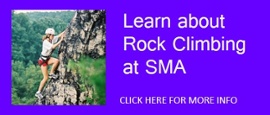
.png)
